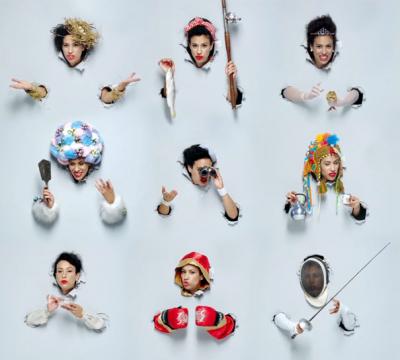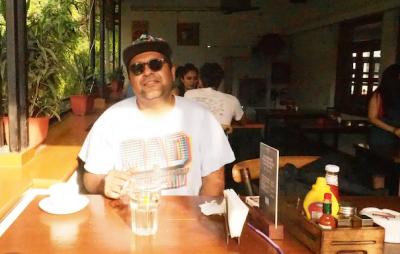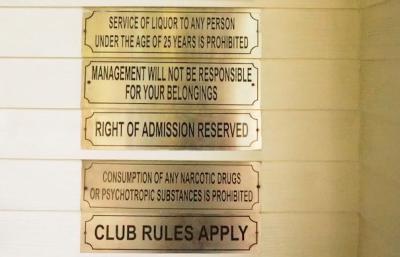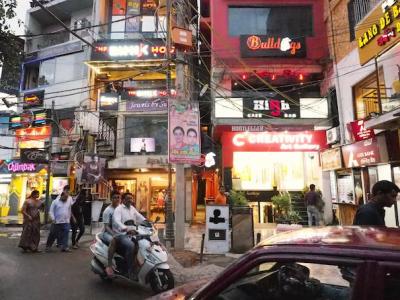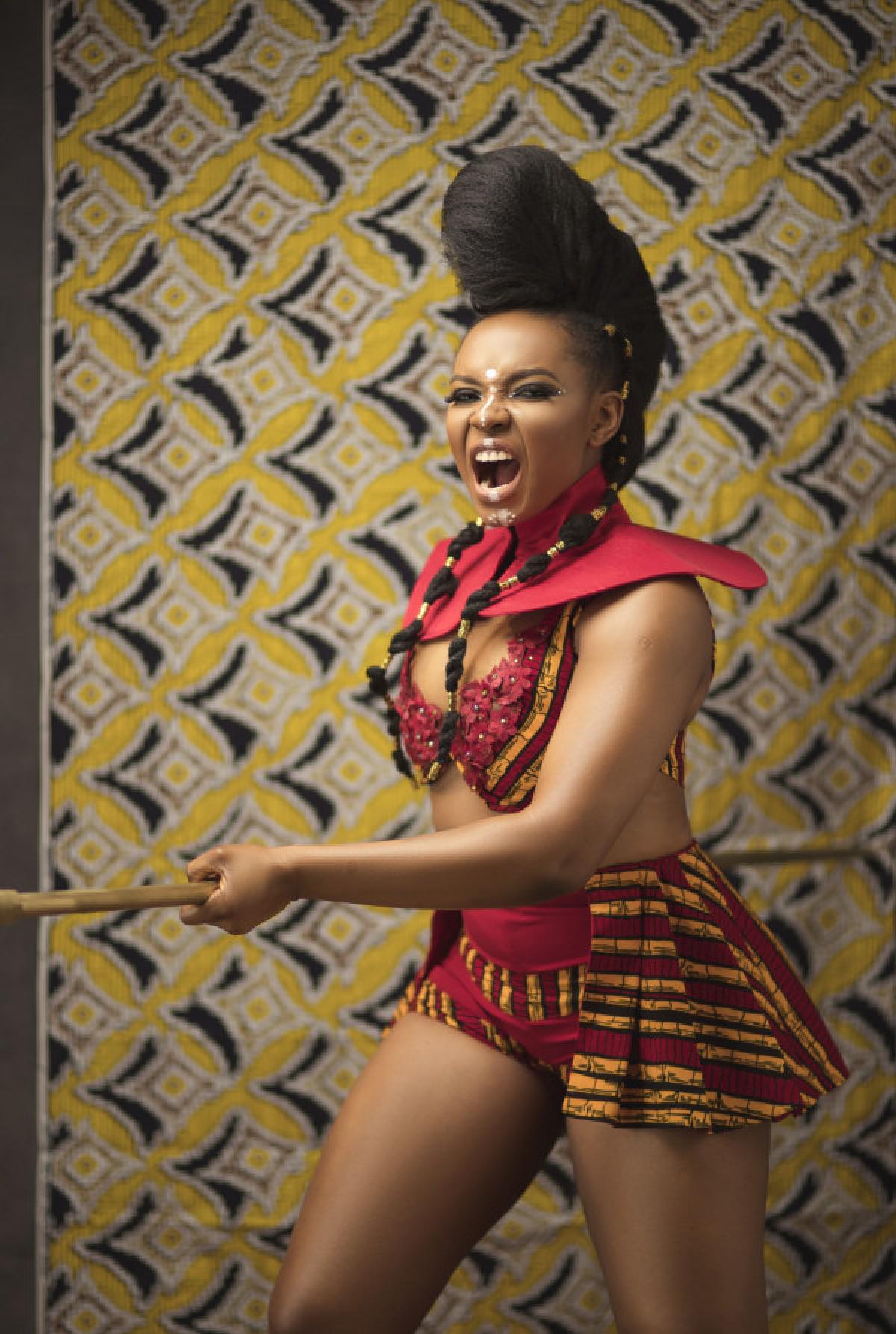
Yemi Alade: No Second Beyoncé
Nigerian Afro-Pop diva Yemi Alade has energy enough for two – even in a dark hotel room, in jogging suits and straight out of bed. She is very young, but knows the Nigerian music business well and occupies her own place within it. An interview from the Norient book Seismographic Sounds (see and order here).
[Theresa Beyer]: How important do you consider music videos nowadays?
[Yemi Alade]: Today, nobody shoots a crappy music video, especially not in Nigeria. Music videos show how seriously you take your artistry. The bar has been raised right now by performer Davido. He set the standard by shooting «The Sound» in Dubai for over fifty thousand US Dollars, jumping out of very expensive cars and aircrafts. Nigerian artists don’t joke with quality.
[TB]: Your music video «Johnny» has garnered twenty million hits on YouTube and won you international fame – without cars and aircrafts. Did you address the video and song to an African or to an international audience?
[YA]: International! The song and video mock a man named Johnny who lies about his relationships with several women. And as every girl has a Johnny in her life, Johnny is a worldwide problem. The most important thing for me is to be able to sing songs that people can relate to, everywhere. And it seems to work. Even guys stop me on the road and say: «You girl, you put us in trouble; you are telling the world what we do!»
[TB]: In «Johnny» you mix R&B and afrobeat, as well as Yoruba and Igbo with English, and I also associate your clothes with Africa. Are these concrete, intended references?
[YA]: I am a lover of African outfits, bold prints and beads. But the outfits aren’t Nigerian, they are Zambian and Kenyan. So I just pick everything and I create my own look. In the video you can clearly see that «this girl is African», but you can’t tell if I’m Nigerian or not. This twist is refreshing for me. Well, I think it’s an African collage and a statement: there is already Beyoncé. She already has long hair and has everything going on for her. I cannot be a second Beyoncé. I have to be the one and only Yemi Alade and since Africa is me, I have to fly that flag.
[TB]: In «Johnny» you were a furious girl dancing in a hula skirt. However, in your last videos you have switched to the clichéd female role of «cute and sexy». Why?
[YA]: Don’t worry, the furious girl is coming back. Like every other woman I have my times when I’m feisty, but sometimes I’m lovey-dovey. My music is like a painting palette for me. The color of the day is the attitude of the day.
[TB]: My interpretation is that with «Johnny» you entered into the top of a male-dominated industry and that actually limits your freedom to define your role and your art. Is this the case?
[YA]: Oh, that’s a really good point. But I am not restricted in any way, my team gives me the ability to express my artistic side to its heights. Sometimes I have ideas that are stepping out of my brand. So my manager advises me to better fine-tune it towards my brand.
[TB]: Ok, you have to say this, your manager is sitting next to us. It’s surprising to hear that you are a brand, I mean products have brands…
[YA]: Of course, let’s say: I’m known for certain things. I’m feisty. I’m a very good stage performer, I’m energetic, strong, realistic, and African. These elements together create the brand Yemi Alade. And even when I’m lovey-dovey, you can still see the fire in my eyes.
[TB]: The jury of Peak Talent Show, the Nigerian TV casting show that you won in 2009, was also infected by this fire. Was Nigeria a good place to start a career?
[YA]: It’s a paradox. Nigeria is maybe the most difficult place in the world to start anything. Lagos happens to be a bottomless pit of talent and resources. But the twist to everything is that the entirety of Africa looks up to Nigeria to be the hub of entertainment. If your music is big in Lagos, then you are big in Africa. So Nigeria is maybe the worst place, but it’s the place to make it happen right now.
This interview was conducted on 13.3.2015 in Crissier/Lausanne, Switzerland and published first in the second Norient book Seismographic Sounds.
Biography
Shop

Published on August 08, 2017
Last updated on July 13, 2020
Topics
Desires are produced personally and impersonally: About music as desiring machine and the elasticity of bodies.
About fees, selling records, and public funding: How musicians strive for a living in the digital era.

